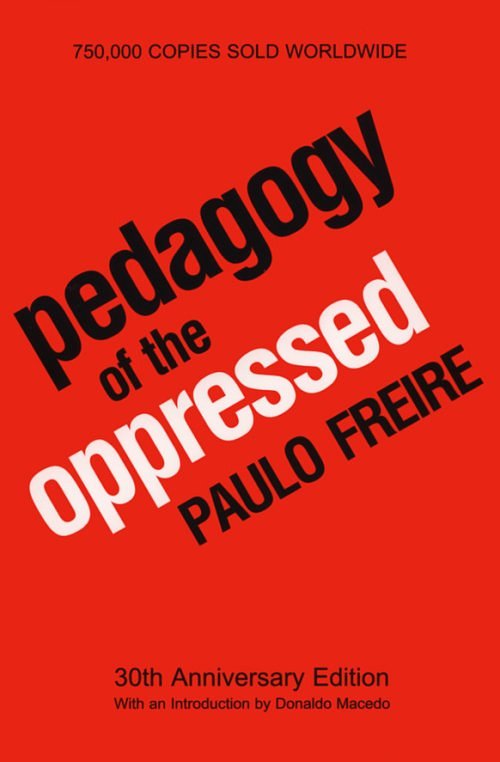Government Grants
Business Grants
Home Owner Programs
Federal Programs
About Us
Utilities Programs Grants
Utilities Programs
Funds may be used to:Evaluating current landfill conditions to determine threats to water resources; provide technical assistance and/or training to enhance operator skills in the operation and...morePosted On - 2020-10-07
Utilities Programs
Funds may be used to pay expenses associated with providing technical assistance and/or training (TAT) to: Identify and evaluate solutions to water problems relating to source, storage, treatment, or...morePosted On - 2020-10-07
Utilities Programs
Funds must be used to identify and evaluate economically feasible innovative regional solutions to wastewater treatment concerns for historically impoverished communities in areas which have had...morePosted On - 2020-10-05
Utilities Programs
The Community Connect Grant Program provides financial assistance to eligible applicants that will provide service at or above the Broadband Grant Speed to all premises in rural,...morePosted On - 2020-09-24
Utilities Programs
Authorized by 7 U.S.C. 950aaa, the DLT Program provides financial assistance to enable and improve distance learning and telemedicine services in rural areas. DLT grant funds support the use of...morePosted On - 2020-04-15
Utilities Programs
The Rural Housing Service (RHS) announces that it is soliciting applications under its Housing Preservation Grant (HPG) program. The HPG program is a grant program which provides qualified public...morePosted On - 2020-03-26
Utilities Programs
This program helps qualified non-profits create a revolving loan fund (RLF) that can provided financing for the extension and improvement of water and waste disposal systems in rural...morePosted On - 2020-03-12
Utilities Programs
The HWWS Grant Program has been established to help individuals with low to moderate incomes finance the costs of household water wells that they own or will own. Eligible Grant Purposes a. Grant...morePosted On - 2020-03-05
Utilities Programs
Technical Assistance & Training GrantQualified private, nonprofit and public including tribal intermediary organizations proposing to carry out financial and technical assistance programs will...morePosted On - 2020-03-04
Follow @topgovtgrant
Social Entrepreneurship
Spotlight
Why This Book Needs to be Read By Every Social Entrepreneur

Pedagogy of the Oppressed, a 1970s book by author Paulo Freire, envisions a world not as a given reality, but as “a problem to be worked on and solved.” That mentality is often applied to the greatest social entrepreneurs.
Nonprofit Jobs in Alabama
Fundraising & Development Jobs
Social Services Employment
Substance Abuse Jobs
Program Director Jobs
Social Services Jobs

